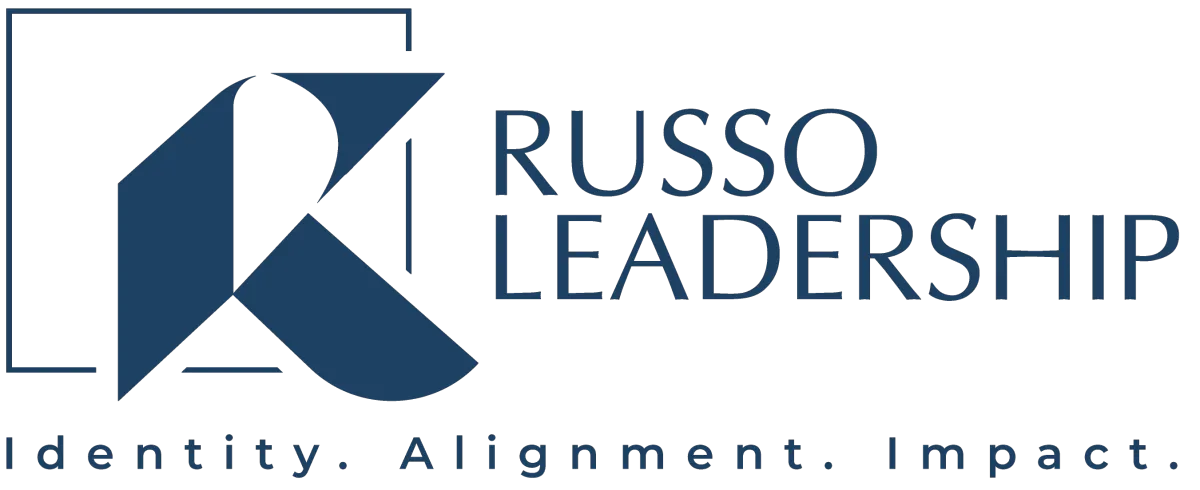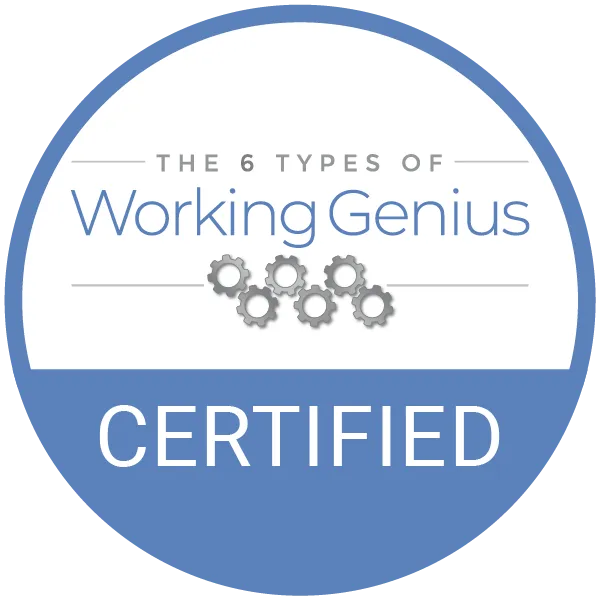
Managing Your Inner Critic: A Leadership Imperative
Leadership is as much about self-mastery as it is about guiding others. One of the most powerful, and often overlooked, challenges leaders face is managing their own inner critic. This internal voice, which often evaluates our actions harshly, can lead to self-doubt, hesitation, and misplaced priorities. Even more critically, the environment leaders create can unknowingly amplify the inner critics of their employees, impacting morale, confidence, and performance.
In this post, we’ll explore how leaders can address their inner critic and foster an environment that minimizes its impact on their team.
Why Managing Your Inner Critic Matters in Leadership
The inner critic—the persistent internal voice of self-judgment—can erode a leader’s confidence and decision-making ability. Left unchecked, it fosters insecurity that manifests in micromanagement, indecisiveness, or even an inability to take risks.
For leaders, the stakes are higher because their behavior sets the tone for their teams. Employees are perceptive, and they pick up on signs of doubt or negativity. If a leader's inner critic dominates their behavior, it creates a ripple effect that can:
Erode trust.
Trigger self-doubt in team members.
Discourage innovation and risk-taking.
When leaders develop a healthy relationship with their inner critic, they cultivate clarity, resilience, and intentionality, which empower their teams to thrive.
Managing Your Inner Critic: Five Steps for Leaders
Acknowledge Your Inner Critic
Awareness is the first step to change. Take note of moments when your inner critic speaks the loudest—before a major presentation, during high-stakes decisions, or after receiving feedback. Recognize its voice and acknowledge its presence without judgment.Leadership Insight: When you acknowledge your inner critic, you gain the clarity to distinguish constructive self-reflection from harmful self-judgment.
Reframe the Critic's Narrative
Your inner critic often operates from a place of fear, trying to protect you from failure or rejection. Thank it for its intent, but reframe its message. Instead of internalizing, “You’re not ready for this,” try, “I’ve prepared for this moment, and I’ll learn as I go.”Leadership Insight: Reframing your critic’s narrative enables you to model resilience and self-compassion for your team, showing them it’s okay to take risks and grow.
Focus on Intentionality
Anchor yourself in your leadership purpose and goals. When the critic surfaces, redirect your attention to the bigger picture: How does your role as a leader impact your team and the organization?Leadership Insight: A clear sense of purpose silences self-doubt and reinforces your leadership confidence, creating stability for your team during challenging times.
Seek Feedback Wisely
Soliciting feedback is critical, but over-relying on external validation can amplify your inner critic. Cultivate a balance by choosing trusted mentors, peers, or coaches who provide constructive input while reinforcing your strengths.Leadership Insight: A leader who manages their inner critic effectively models confidence and demonstrates that feedback is a tool for growth, not a weapon for judgment.
Prepare for Triggering Moments
Just as you can anticipate situations that trigger your inner critic, consider the triggers your leadership behavior might create for others. A dismissive tone, public criticism, or unrealistic expectations can activate the inner critic of your employees.Leadership Insight: Be mindful of your words and actions, ensuring they empower rather than undermine. For example, instead of pointing out a mistake in front of the team, frame feedback privately and constructively.
Creating a Safe Environment for Employees
A leader’s inner critic doesn’t exist in isolation—it influences the environment they create. Leaders can inadvertently trigger the inner critics of their team through behaviors like micromanagement, excessive criticism, or a lack of trust.
Here’s how leaders can create a psychologically safe environment that diminishes the impact of the inner critic:
1. Lead with Empathy
Understand that every team member has their own inner critic. Show empathy by listening actively and acknowledging their challenges without judgment.
2. Celebrate Effort, Not Just Results
Perfectionism fuels the inner critic. Encourage a growth mindset by recognizing progress and effort, even when outcomes fall short.
3. Normalize Mistakes as Learning Opportunities
Foster a culture where mistakes are seen as stepping stones to growth rather than evidence of inadequacy. Share your own lessons from failure to normalize vulnerability.
4. Provide Specific and Constructive Feedback
Avoid vague criticisms, which can fuel insecurity. Instead, offer actionable feedback that guides improvement and highlights strengths.
5. Encourage Self-Reflection
Guide employees to engage in healthy self-reflection rather than self-criticism. Offer tools like journaling or structured debriefs to help them process experiences constructively.
A Leadership Legacy of Confidence and Empowerment
By managing your inner critic and fostering a supportive environment, you set the stage for empowered leadership. When leaders model self-compassion and resilience, they inspire their teams to embrace challenges, take risks, and trust in their abilities.
Remember: the way you lead shapes not just results, but also the confidence and potential of those you lead. By silencing your inner critic and creating a culture of support, you amplify the voices of your team and drive extraordinary outcomes.
At Russo Leadership, we specialize in helping leaders build confidence, foster psychological safety, and create high-performing teams. Let’s partner to strengthen your leadership impact—from the inside out.









